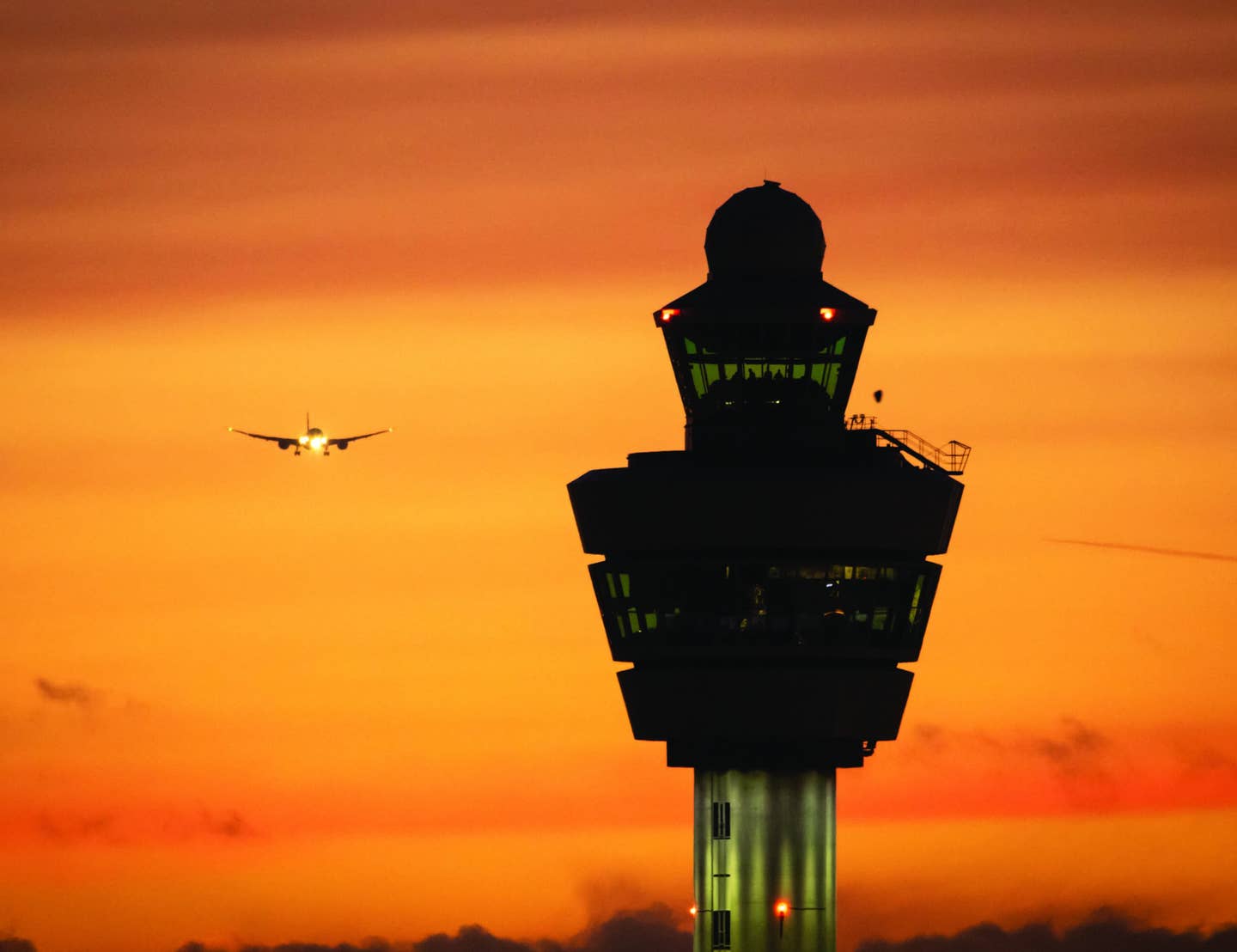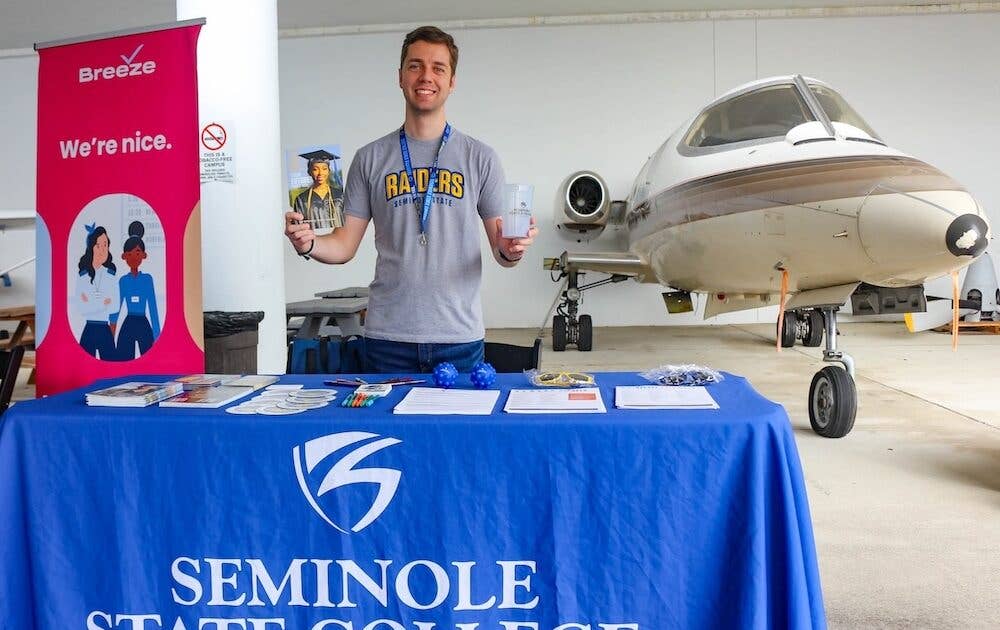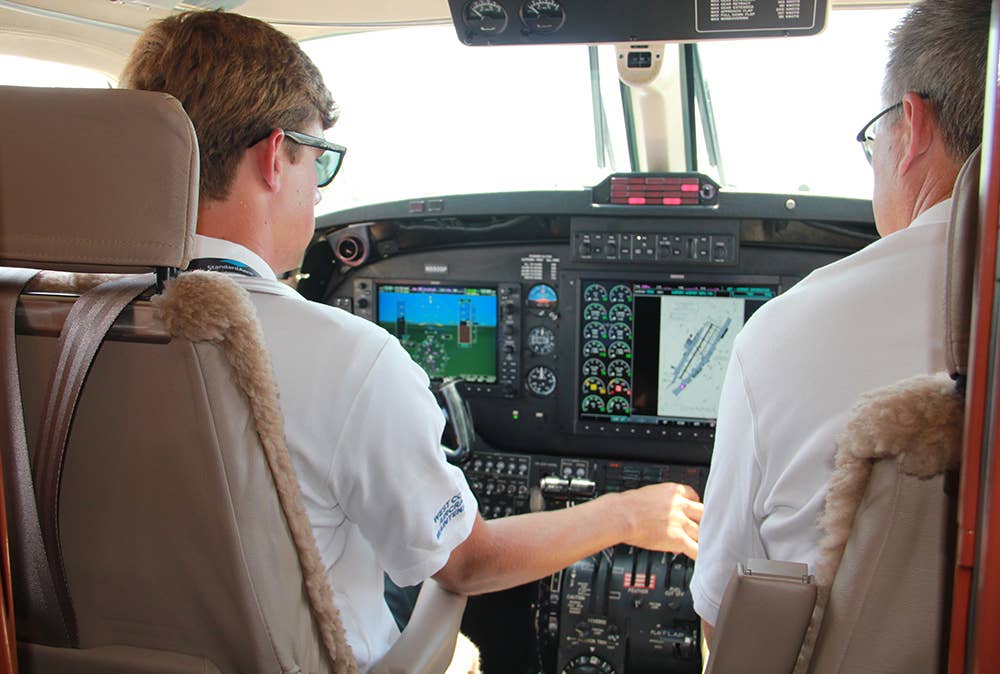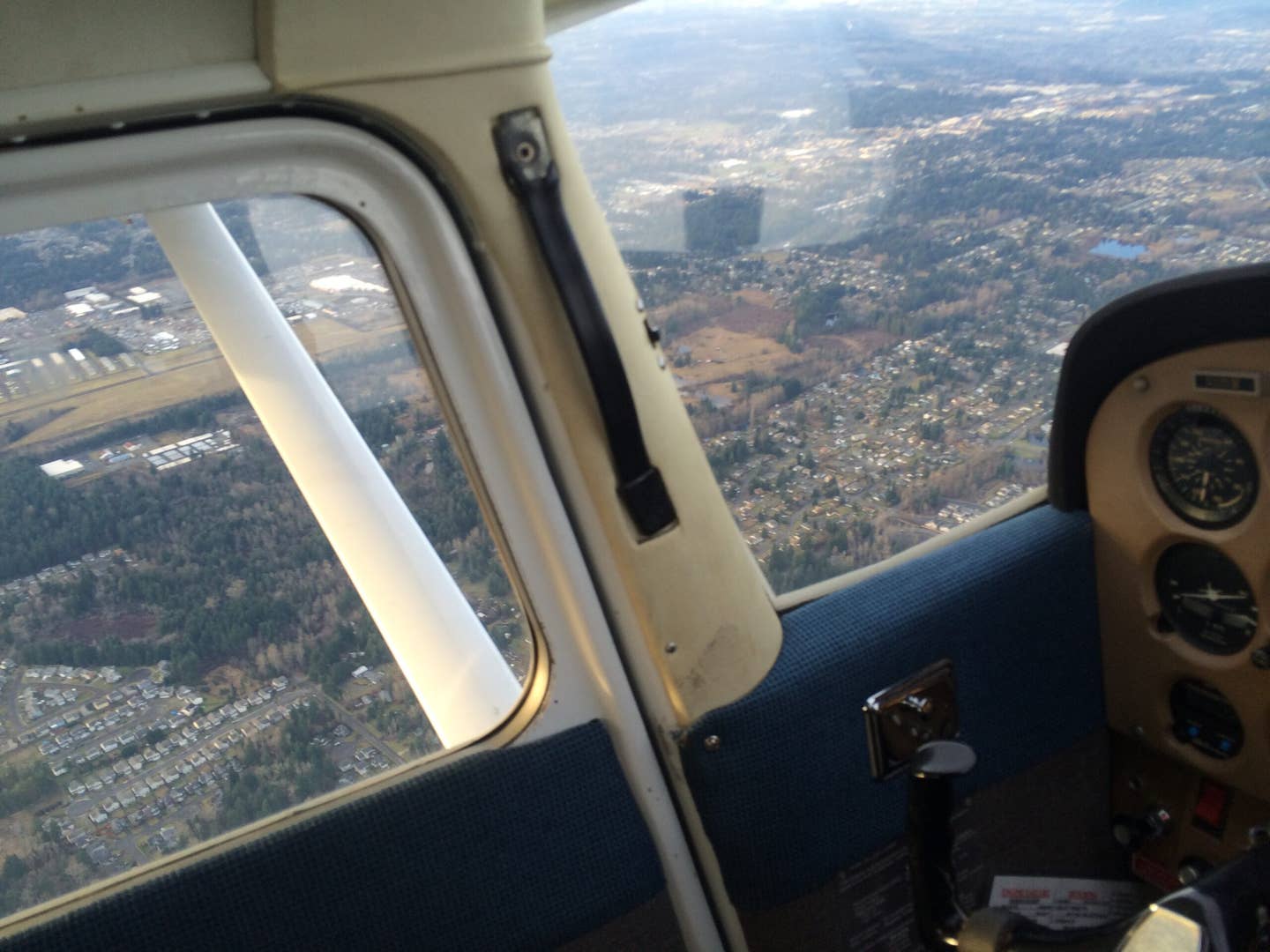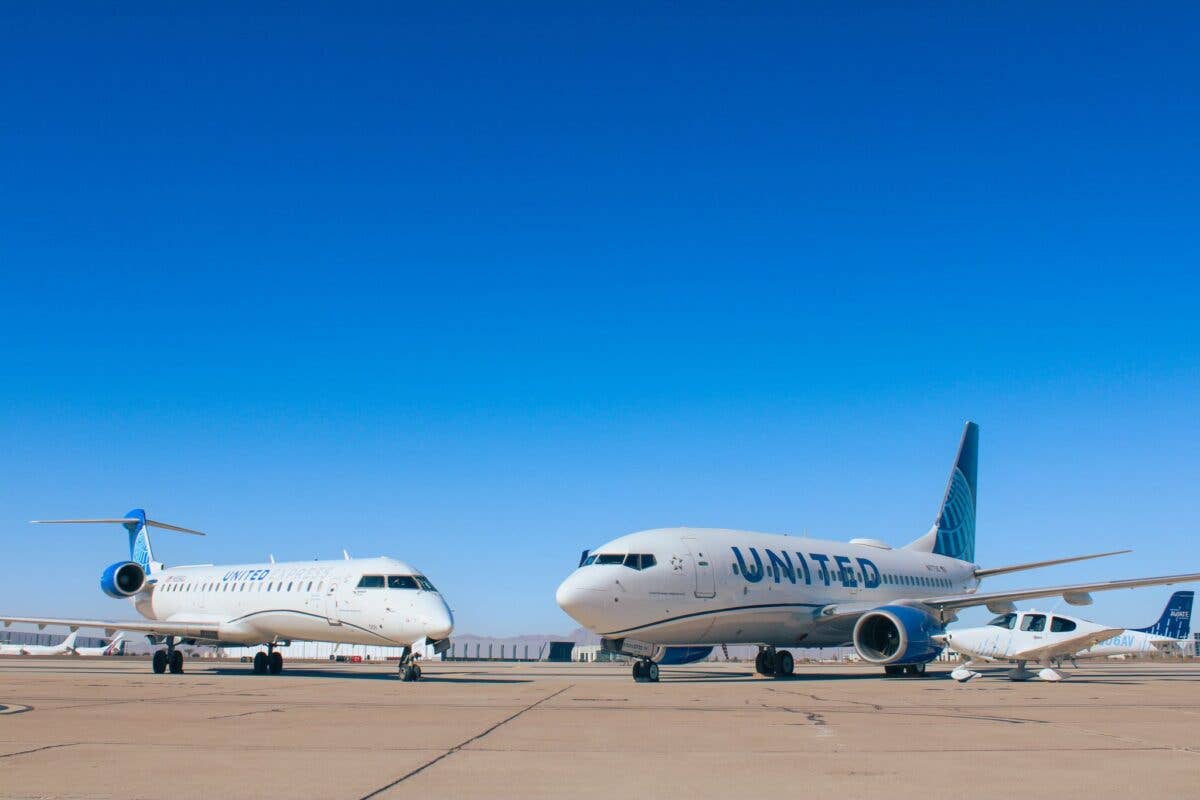Do You Have the Rule for a No-Go?
Sometimes a pilot’s best decision is to stay on the ground.
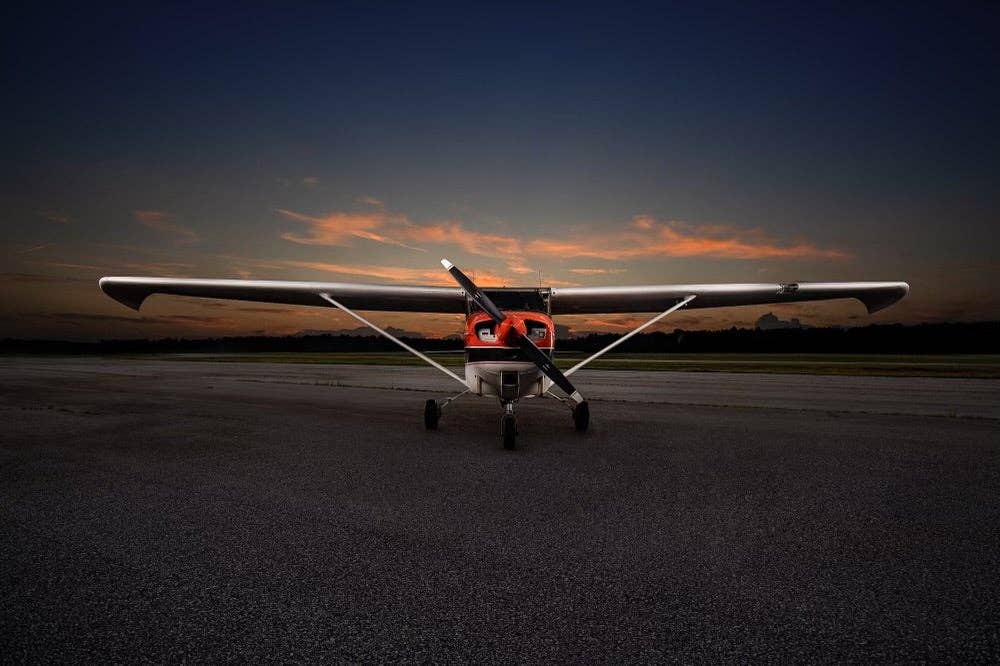
Some pilots have a “rule of three” that states that if three things delay the flight or are distractions, they cancel. [Credit: Corey Sampson]
My flight school client texted that he was running late. We were meeting so he could get his flight review completed. I wasn't terribly worried because at his request we had booked the appointment for three hours, planning to do at least one hour on the ground and one in the air.
The one-and-one is the minimum required per FAR 61.56, and when you add in the time for brief, debrief, and logbook endorsement, you often go beyond an hour, which makes the CFI late for their next client. It is much better to set aside three hours so you aren't late—and more importantly—aren’t rushed.
- READ MORE: The One-Time Water Landing
Yet many pilots insist that one hour on the ground and one in the air is all they need, or are willing to pay for. Some pilots expect to be automatically signed off for the flight review, even if they don't demonstrate the requisite knowledge or fly to the level of their certificate.
It doesn't work that way. Find a CFI who is up-front about this as the Airman Certification Standards for the certificate you hold are what you should be using.
This particular client had held a private pilot certificate for more than 20 years and flew several times a month. Over the years, he had owned airplanes, but at that time, his aircraft was down for its annual, so he was renting a Cessna 172. He didn't want to rush the flight review. As he put it, he often flew with his grandchildren and was adamant to take his time in the name of safety.
He was more than 25 minutes late. He apologized—traffic was worse than expected when he left work. As we settled into the classroom for the ground portion of the flight review, he discovered he had left his headset at home. He put new ear seals on it the night before and had left it on the kitchen table.
- READ MORE: The Importance of Following Checklists
I offered to let him borrow a spare headset. Instead, he looked at me apologetically and asked if we could stay on the ground rather than fly because his brain, he said, would not be in the airplane.
He then told me about a rule he had for himself—the rule of three. If three things delaying the flight were distractions, he made it a rule to cancel. I have heard this so-called rule from many other pilots. Three is a cosmic number, one told me, adding that "things happen in threes" is a cliche for a reason.
I am a student of the accident reports published by the National Transportation Safety Board. When you read them, the bad decisions are clear as day. Often the pilot is rushed or distracted. Accidents, especially the fatalities, are often a chain of poor decisions.
Distracted = Dangerous
Flying is one of those things that demands our undivided attention. Any distraction can be detrimental to safety. When and if you are in the cockpit of a jet getting paid the big bucks, we hope you've learned how to compartmentalize or recognize your own limitations. There will be some days when you are too distracted to fly.
When you fly as a hobby, the stakes aren’t as high. This is not the last chopper out of Saigon, as my first CFI used to remind me. Yet even student pilots can face a lot of pressure to fly, and it comes from all directions.
It can be a challenge for a student pilot to cancel a flight, especially when the CFI is pressing for it to happen. As a commercial candidate, I encountered a CFI who argued we could "dodge" the thunderstorms that were approaching the airport. The commercial certificate requires more knowledge of weather than the private certificate, and I had embraced this with gusto. The idea of dodging anything didn't sit well with me.
I had obtained three weather briefings—one the night before, the morning of the flight, and the last one an hour prior to the flight. On that last one the briefer remarked the cold front that was bringing the storms had "moved much faster" than the weather models had anticipated. Based on this available information, I canceled the flight.
Dark clouds were approaching from the southwest while the CFI somewhat grudgingly helped me put the cover back on the airplane. As we were draping the cover over the fuselage the temperature dropped like someone had opened a window on a cold day. It started to hail. It came down so hard and fast a line boy ran onto the ramp to help us. I felt good about my decision.
Make It Fair
At all times it should be remembered that flight instruction is not compulsory education, but it is a business. For this reason many schools and independent CFIs have a no-show or late cancellation penalty.
This usually takes the form of a signed contract between the school, or CFI and the learner. This policy should be discussed at the first meeting and expectations established. There is often one "free pass" then after that a penalty is levied, such as the cost of one hour of aircraft rental or an hour of the instructor's time. If the CFI does not show or is late, they owe the flight student a free hour of instruction.
If the learner at least makes an effort to let the CFI or school know they can't make it, that goes a long way. One of my mentors who ran a flying club for many years took a very hard stance on this, saying if the learner was not responsible enough to make a phone call or at least send a text letting us know they were going to be late, or were not going to be there at all, they were not responsible enough to be a pilot.
When late cancellations or no-shows become a habit, the CFI and/or the flight school may stop scheduling the student altogether. If you have to consistently cancel lessons, perhaps this is not the time for you to pursue flight training.
You are paying a lot of money and investing a lot of energy in your aviation education, so do your best not to get in your own way. If the deck appears to be stacked against you, such as in the form of "the rule of three," ask yourself if this is the day for you to be in the air.
As for the client who was there for the flight review, a quick text canceled the aircraft reservation. I assured him I was not angry with his decision not to fly, because when a pilot demonstrates good aeronautical decision making—such as recognizing that their head won't be in the game —I say learning has taken place.

Sign-up for newsletters & special offers!
Get the latest FLYING stories & special offers delivered directly to your inbox


